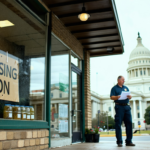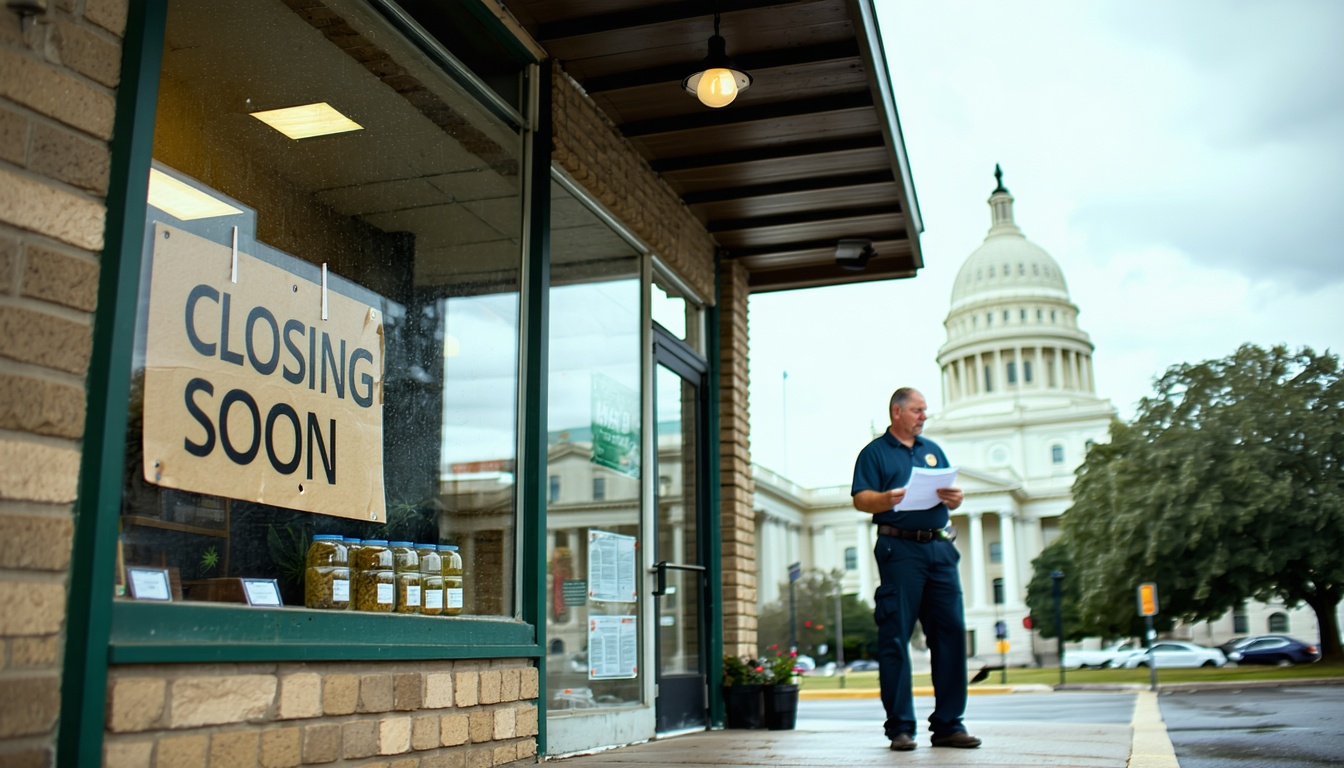As the November 2024 election approaches, a contentious debate has emerged over Amendment 3, which would legalize recreational marijuana use in Florida. A recent advertisement opposing the amendment has sparked controversy, claiming that if it passes, public spaces will soon be filled with the smell of marijuana. However, a closer examination of the issue reveals that these claims are misleading.
The advertisement in question features actors posing as restaurant patrons, bar-goers, and theme park visitors, all expressing concerns about the potential consequences of legalizing marijuana. However, a constitutional amendment passed in 2003 already prohibits smoking in most indoor public places, including restaurants and bars. This means that even if Amendment 3 passes, smoking marijuana would still be illegal in these settings.
Additionally, many public spaces in Florida, such as sports stadiums and theme parks, already have designated smoking areas or prohibit smoking altogether. For example, Raymond James Stadium in Tampa does not permit smoking, and Walt Disney World and Busch Gardens have designated areas for cigarette smoking but prohibit marijuana.
Some Floridians have expressed concerns about the potential impact of legalizing marijuana on public spaces, citing concerns about secondhand smoke and the potential for increased marijuana use in public areas. However, others argue that the claims made in the advertisement are exaggerated and that responsible marijuana use can coexist with public safety.
In 2022, Governor Ron DeSantis signed a law allowing cities and counties to restrict smoking in parks and beaches, and many have already done so. The City of Tampa is currently considering a smoking ban in parks, which would impose fines on violators.
Ultimately, the debate over Amendment 3 highlights the complexities and nuances of marijuana legalization. While some may view the claims made in the advertisement as alarmist, others may see them as a legitimate concern. As voters weigh the pros and cons of the amendment, it is essential to consider the facts and not rely on misleading information.












